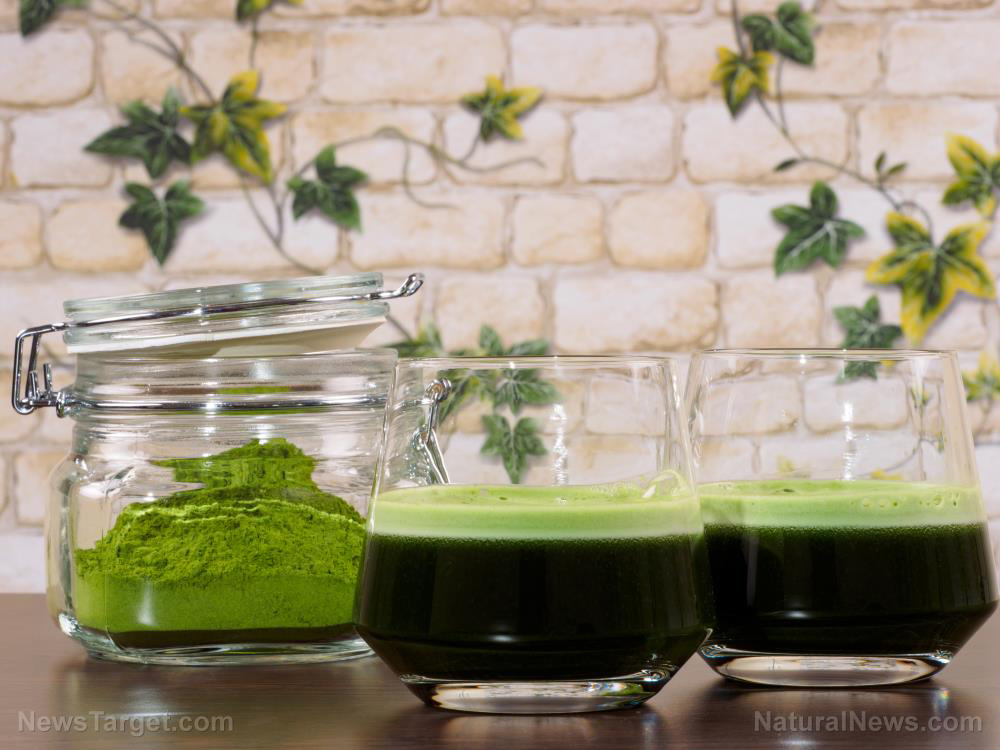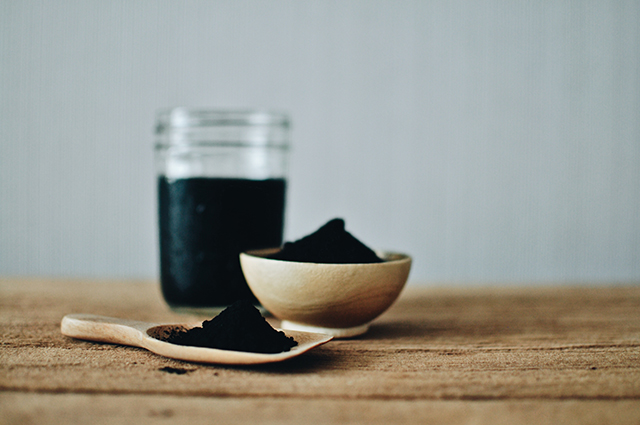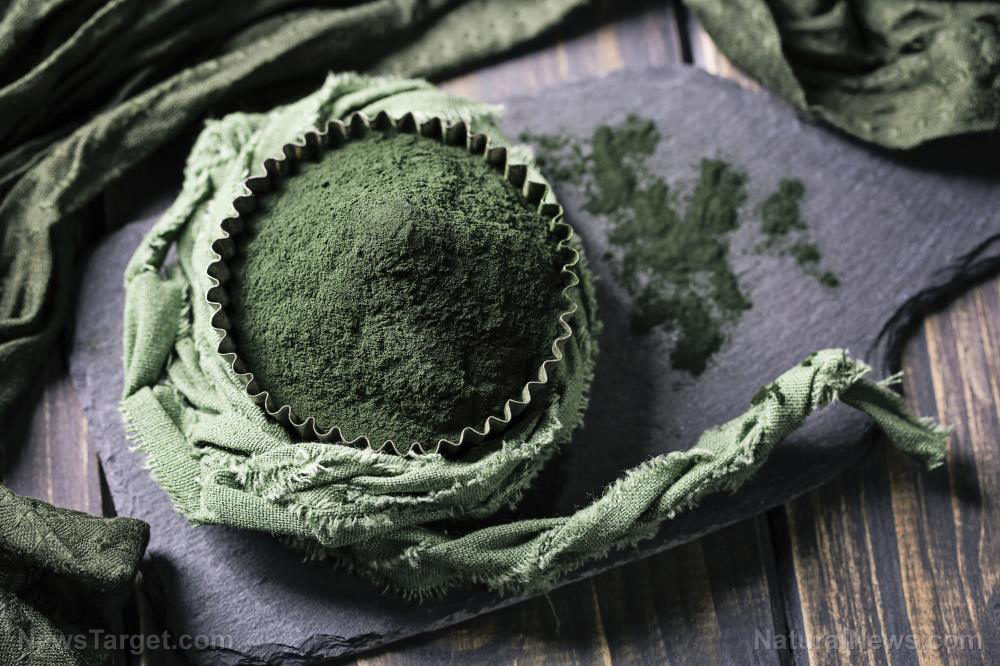
A freshwater algae variety known as chlorella (Chlorella pyrenoidosa) could be the solution to all the dioxin contamination occurring in East Palestine, Ohio, following the Norfolk Southern train derailment and "controlled explosion."
Research published in the Journal of Nutrition back in 1999 reveals how chlorella helps to accelerate the excretion of dioxins in rats exposed to the deadly class of toxins.
Japanese scientists tested the natural substance on Wistar rats exposed to Yusho disease-linked rice oil contaminated with dioxins from a 1968 mass poisoning incident involving polychlorinated biphenyls (PCBs).
A control group of mice was fed four grams of a standard basal diet while the dioxin group of mice was given 10 percent chlorella and 0.2 mL (milliliters) of the contaminated rice oil once during a five-day experimental period.
Between days one through five, the chlorella group excreted polychlorinated dibenzo-p-dioxin (PCDD) congeners and polychlorinated dibenzofuran (PCDF) at levels 0.2-11.3 and 0.3-12.8 times greater (P < 0.05), respectively, than those of the control group.
The researchers also looked at the fetal excretion of PCDD and PCDF congeners between days eight through 35. All the rats were given the basal diet for one week followed by either more of the basal diet or the 10 percent chlorella diet group.
"The fecal excretions of PCDD and PCDF congeners in the group fed 10% Chlorella were 0.3-3.4 and 0.5-2.5 times greater (most, P < 0.05), respectively, than those of the control group," the study found.
We are building the infrastructure of human freedom and empowering people to be informed, healthy and aware. Explore our decentralized, peer-to-peer, uncensorable Brighteon.io free speech platform here. Learn about our free, downloadable generative AI tools at Brighteon.AI. Every purchase at HealthRangerStore.com helps fund our efforts to build and share more tools for empowering humanity with knowledge and abundance.
"Thus, the fecal excretions of PCDD and PCDF congeners were greater in rats fed Chlorella."
The study concludes by suggesting that taking chlorella can help to prevent the gastrointestinal absorption of dioxins, as well as promote the excretion of dioxins that have already been absorbed into tissues.
"Moreover, these findings suggest that Chlorella might be useful in the treatment of humans exposed to dioxin," the study reads.
(Related: The East Palestine train wreck is believed to have created the largest dioxin plume in world history.)
Chlorella was used alongside spirulina to protect against radiation poisoning from Fukushima
Chlorella is widely recognized as a powerful detoxification "superfood," having been used during the Fukushima disaster in 2011 to help remediate radiation poisoning.
Along with spirulina, chlorella reaches deep within tissues, including in the glandular system, to pull out toxins from the body.
Chlorella binds to not just dioxins and radiation but also to heavy metals like mercury, aluminum, and even fluoride. It grabs hold of them in order to flush them out of the body while leaving behind health-enhancing vitamins and minerals.
Numerous studies over the years have drawn attention to chlorella's ability to:
– increase production of bone marrow and spleen stem cells
– improve survival rates among irradiated mammals
– protect against and mitigate the damage caused by acute and chronic radioactive damage
– boost levels of colony-forming spleen cells, which are important for producing vital blood elements and immune factors
Evidence also exists to suggest that chlorella can help remediate the effects of cadmium poisoning by latching onto and expelling it from the body, including from within the liver and other vital organs where it often collects.
Chlorella would seem to have magnetic properties that draw poisons out of the body so they can be flushed by the digestive system. This is critically important following an incident like the East Palestine train derailment, which poisoned air and soils all around the site of the wreck.
In the comments on a past article we published about chlorella, someone pointed out that cilantro and zeolites are two additional detoxifying substances that can help rid the body of damaging toxins.
The latest news about the East Palestine train derailment incident can be found at Disaster.news.
Sources for this article include:
Please contact us for more information.




















